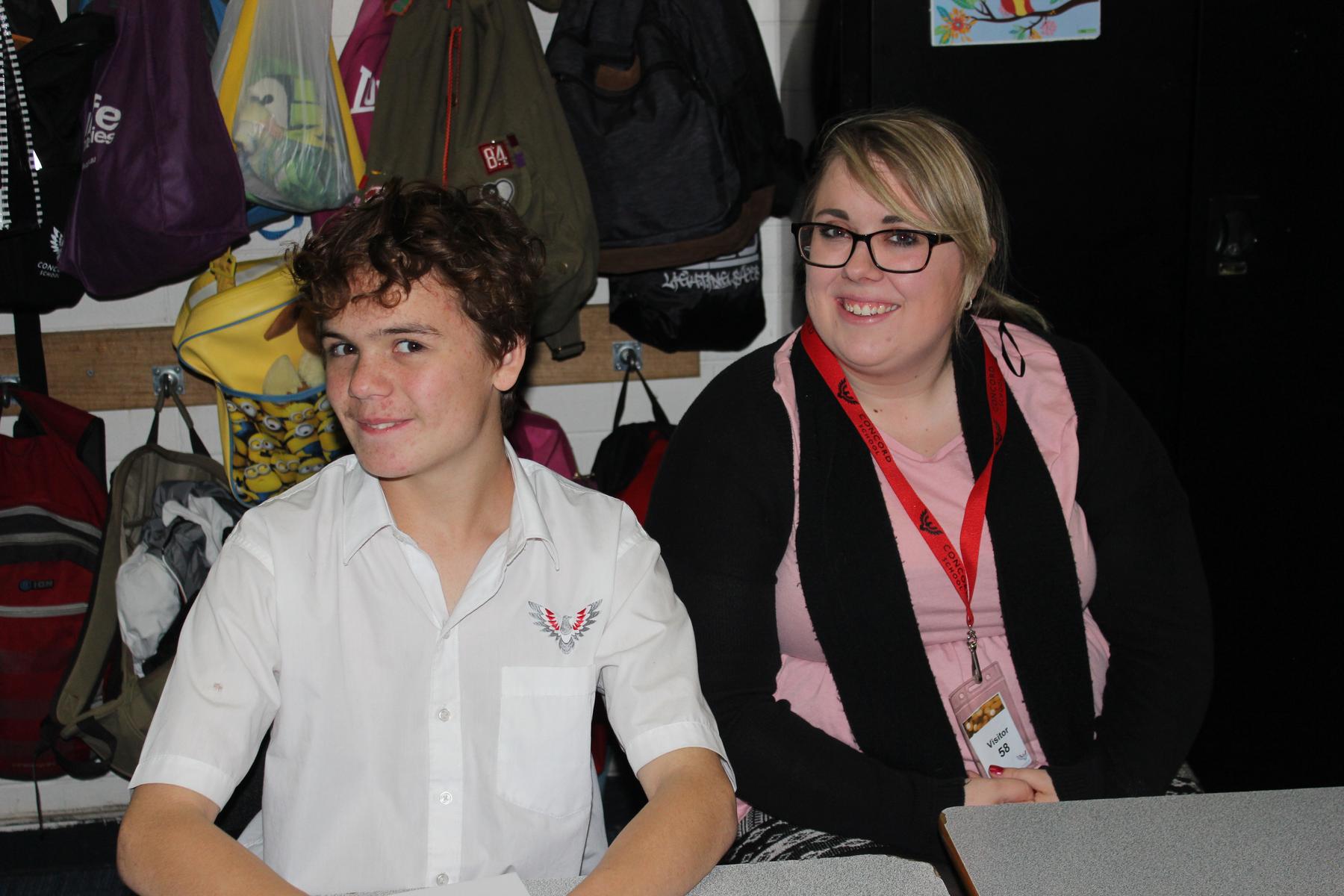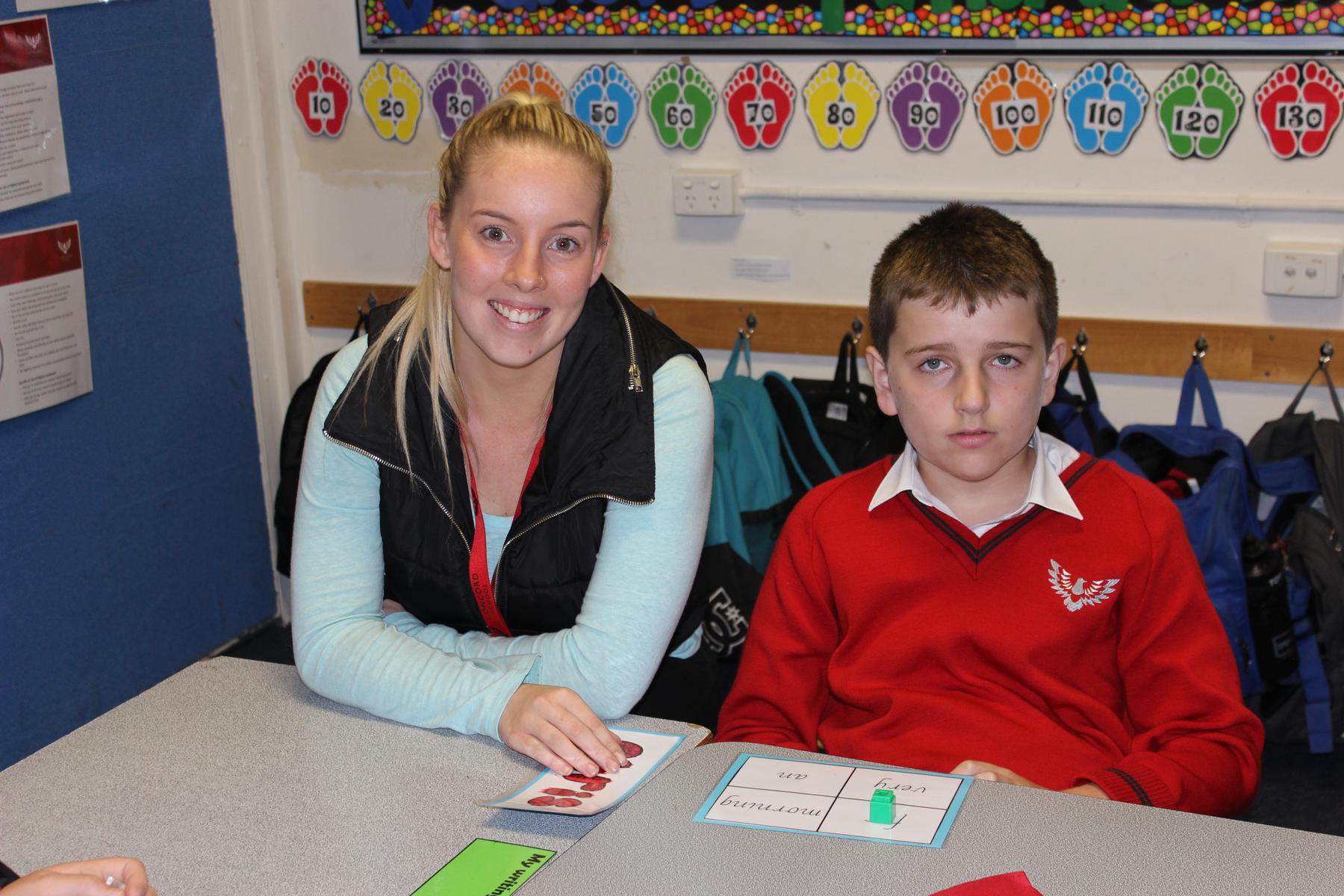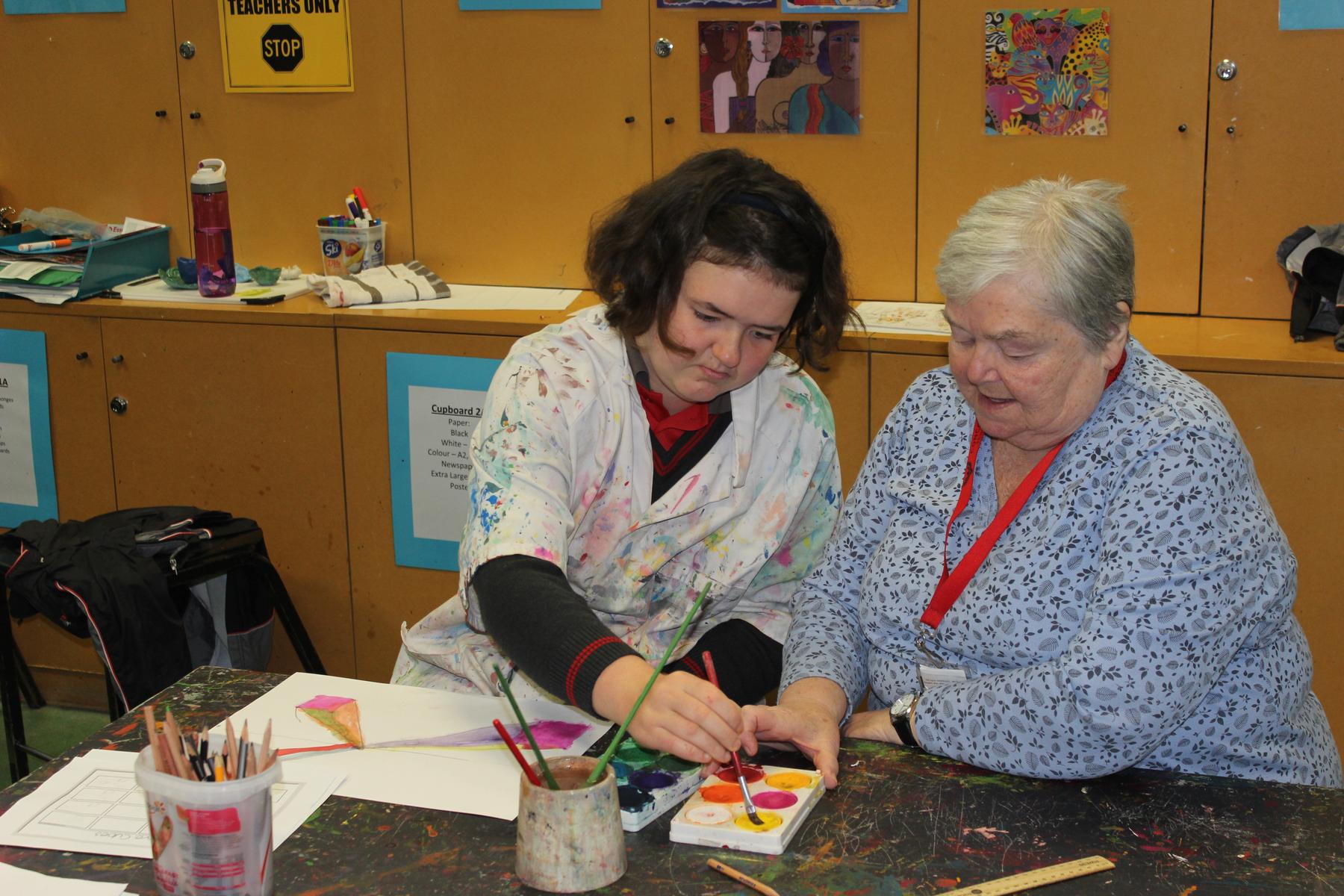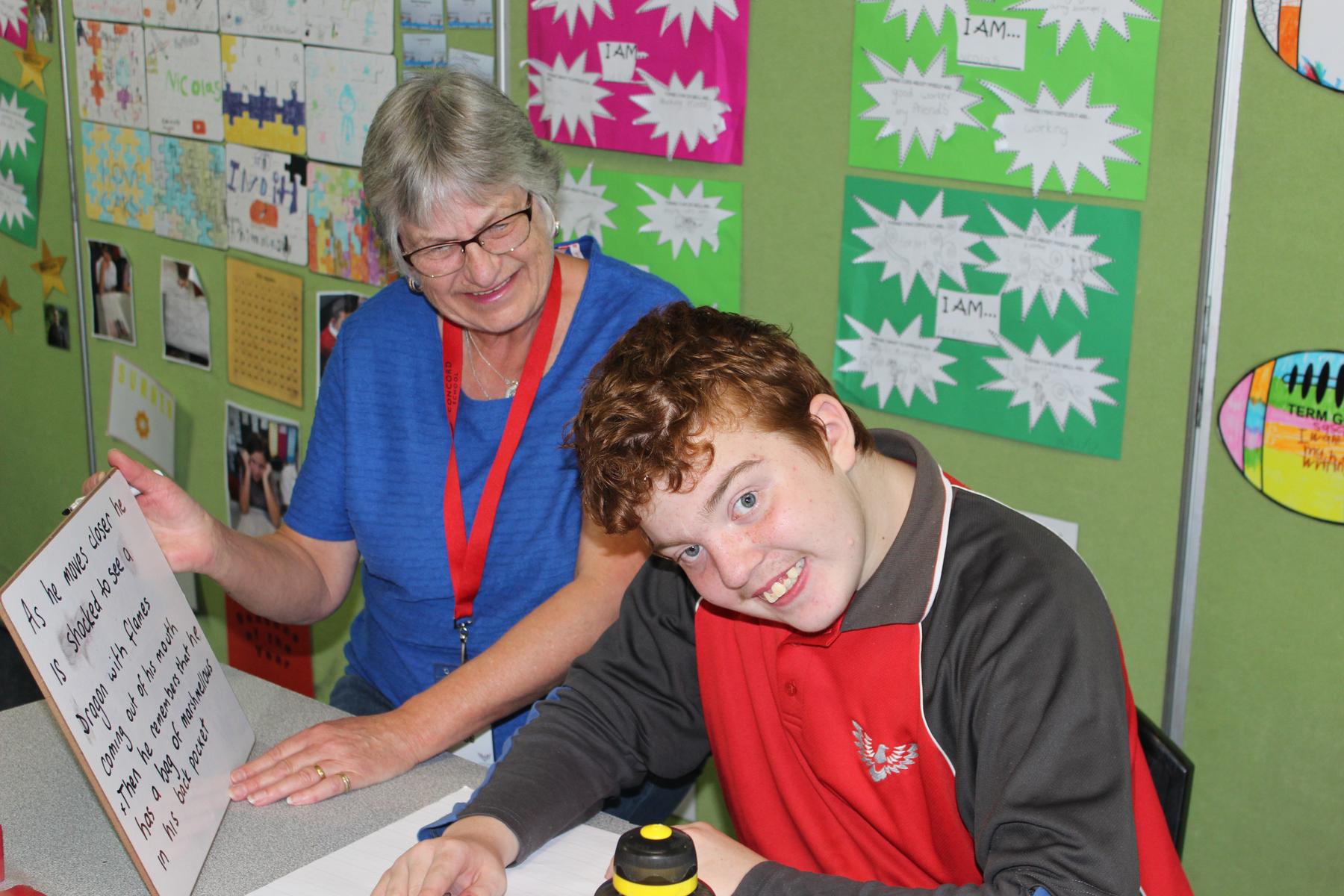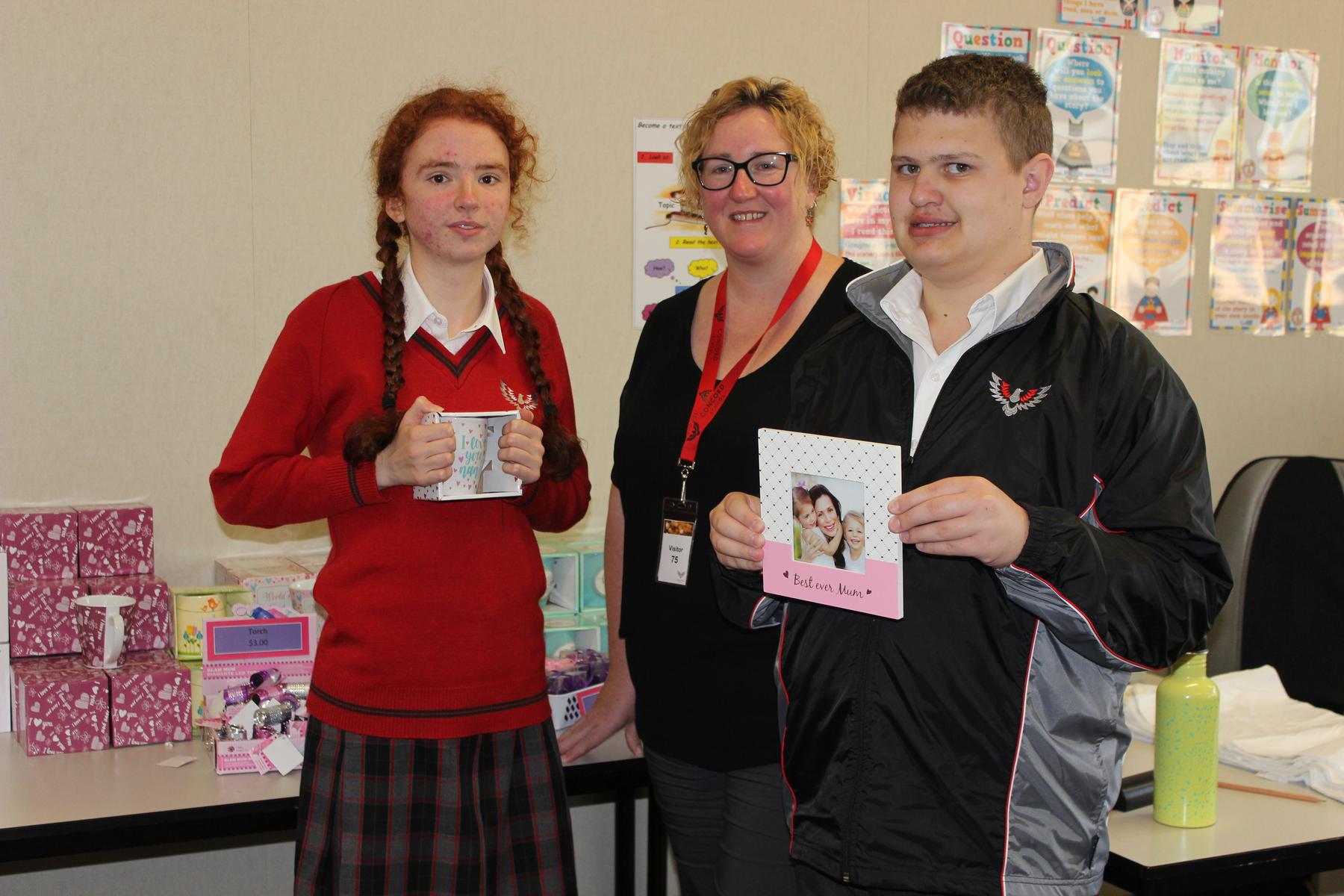Community & Communications

Education Week – Celebrating the Arts
Education Week is this week, with the theme ‘Celebrating the Arts’. A variety of events will be happening across the school for parents and carers to attend. Please ensure that you sign in as a visitor at the front office and wear your lanyard while visiting the school.
Friday 25th May
Secondary 7/8 Spectacular Rehearsals, Secondary 7/8 classrooms (Bundoora Campus)
9am – SCO
9.35am – SEO
10.10am – SSD
11am – SMC
11.35am – SAS
12.10pm – SKH
1.20pm – SFC
2.15pm – SSO
Secondary 7/8 Writing Samples, Secondary 7/8 corridor (Bundoora Campus)
9am – 3pm
Secondary 9/10 STEAM programs, Discovery Centre (Bundoora Campus)
11.50am – 12.30pm
Lower Primary Art Activities, Lower Primary classrooms (Watsonia Campus)
11am – 12pm
Lower Primary Art Gallery, Lower Primary corridor (Watsonia Campus)
11am – 12pm
Concord Community Connections Group
Our next meeting will be on Wednesday 30th May at 1.30pm in the Watsonia Campus staff room. All parents and carers are welcome to attend this afternoon tea.
National Volunteer's Week
We are fortunate to have a number of regular parents, carers and community members who volunteer at Concord School every week and many more who are on our Volunteer List to contact if staff require extra support. Volunteers assist at Concord School in many ways – working with students in the classrooms, helping with resources and coming in to the school to help during special events are just a few ways our volunteers help support our school. All volunteers are required to complete an OH&S induction process every 12 months and have a current Working With Children’s Check to be able to volunteer at our school. Thank you to those parents, carers and community members who are on our Volunteer List and to those who have been able to support our school this term!
Sarah Abbott
Community and Communications Manager
School Nurse
Allergies & Anaphylaxis
Australia has one of the highest rates of food allergies in the developed world and the incidence is increasing at an alarming rate.
- One in 10 babies born in Australia today will develop a potentially life-threatening food allergy.
- Allergy & Anaphylaxis Australia estimates that there are more than 650,000 Australians with diagnosed food allergy – which doesn’t account for the many who are undiagnosed.
- There has been a rapid increase of food allergy over the last 10 – 15 years. Anaphylactic reactions now account for 1 in every 500 hospital admissions for children aged 5-14.3
An Allergy occurs when a person's immune system reacts to substances in the environment that are harmless for most people. These substances are known as allergens and are found in foods, insects, some medicines, house dust mites, pets, and pollen.
Students with a mild or moderate allergy to a food or insect and those with a medication allergy should have an ASCIA Action Plan for Allergic Reactions.
The ASCIA Action Plan for Allergic Reactions is used when no adrenaline autoinjector has been prescribed. It outlines the student’s known allergies and the emergency procedures to be taken in the event of an allergic reaction.
The ASCIA Action Plan for Allergic Reactions (green plan) should not be used for conditions such as allergic rhinitis (hay fever) or eczema which are managed mainly in the home environment by parents/guardians.
Anaphylaxis is a potentially life threatening, severe allergic reaction and should always be treated as a medical emergency. An injection of adrenaline (EpiPen) is needed to treat the allergic reaction.
Students with a severe and potentially life-threatening allergy to a food, insect or medication should have an ASCIA Action Plan for Anaphylaxis (red plan).
The ASCIA Action Plan for Anaphylaxis is used when an adrenaline autoinjector (EpiPen) has been prescribed. It outlines the student’s known allergens and the emergency procedures to be taken in the event of an allergic reaction.
Students who have an ASCIA Action Plan for Anaphylaxis (red plan) and a prescribed adrenaline autoinjector should NOT also have an ASCIA Action Plan for Allergic Reactions if they have some milder allergies as well as severe allergy - these should be included in the Action Plan for Anaphylaxis.
Although children with an ASCIA Action Plan for Allergic Reactions (green) plan are assessed as being at less risk for anaphylaxis it is important to note that anaphylaxis can occur in any child with food/insect allergy at any time.
For some people, allergic reactions can become more severe when another allergen, such as pollen, is present. When this happens, a food that might not normally cause a reaction can cause problems if the air is filled with certain pollens that cause reactions.
Children with concomitant food allergy and significant asthma are at increased risk for more severe allergic reactions. Where a child with food allergy has active asthma (wheeze or cough with exertion or at night requiring regular treatment with a bronchodilator) it is imperative that this is identified and managed accordingly.
If your child has been diagnosed with a mild or moderate allergy to a food, insect or medication - an ASCIA Action Plan for Allergic Reactions (green plan) should be completed by the student’s medical practitioner and a colour copy provided to the school.
If your child has been assessed as at risk of anaphylaxis – an ASCIA Action Plan for Anaphylaxis (red plan) should be completed by the student’s medical practitioner and a colour copy provided to the school, along with the prescribed EpiPen.
These action plans are required to be updated annually and with any changes.
Copies of these action plans can be down loaded from the ASCI website: https://www.allergy.org.au/health-professionals/ascia-plans-action-and-treatment, or printed copies may be requested from the school nurse.
Keep Well and Stay Safe J
Kind Regards
Rosemary Van Aperen
Concord School Nurse


